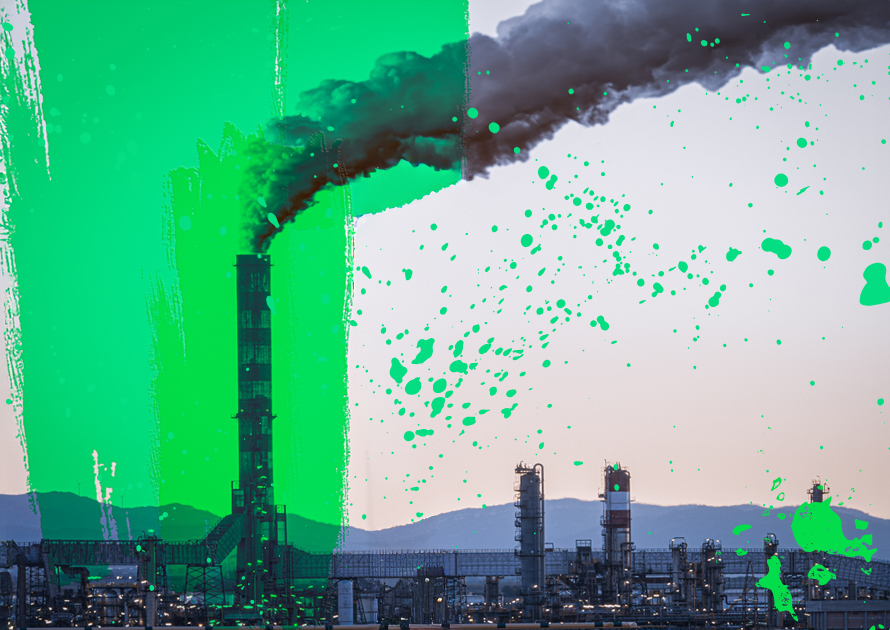Looming $100B climate bill pushing system towards breaking point
(Toronto: November 25, 2025) A report released today by Investors for Paris Compliance (I4PC) shows the rising price of home insurance due to climate damages could trigger a wave of lawsuits to recover costs. Last year there were over $9 billion in claims driven by extreme weather in Canada, with much of those costs passed along in the form of higher premiums. By one projection, costs are on track to reach $100 billion annually in Canada by 2050. Meanwhile, major polluters profit from that economic damage.
The release of the report coincides with a visit from Dave Jones, former California Insurance Commissioner, who is in Toronto today to discuss climate damages and home insurance at Canada Climate Week Xchange.
“As climate impacts accelerate, Canadians are stuck on a cycle of more extreme weather, higher insurance claims, and increased home insurance premiums,” said Kiera Taylor, Senior Analyst with I4PC. “This cycle is already impacting affordability and will ultimately destabilize the system unless we send the bill to those responsible – major polluters.”
The new report, Climate damages & Canada’s looming home insurance crisis: Who pays? finds:
- Insured losses from extreme weather hit a record $9 billion in 2024 – nearly triple 2023 and 12 times the annual average from the 2000’s – while global insured losses have grown twice as fast as GDP since 1994.
- Home insurance premiums are up on average about 77% since 2015, with regional spikes of 25% to 300%. At the same time, some extreme weather coverage is increasingly optional and deductibles are rising.
- Nearly 40% of household debt is situated in areas with both high disaster exposure and high indebtedness, and OSFI warns that property insurance is now a “blind spot” for lenders, meanwhile there are no signs of regulators stepping in.
- Advancements in attribution science can now tie specific polluters to quantifiable damages – for example, linking 88 major emitters to 37% of Western Canada/U.S. burned forest area and the top 111 carbon majors to $28T in global GDP losses – fueling more than 25 U.S. cost-recovery lawsuits against fossil fuel firms.
“Private insurance companies ultimately cannot continue to provide coverage at affordable rates in the face of increasing climate-driven disasters – the system is already buckling,” said Dave Jones.
“Cost recovery from oil and gas companies and others causing the damages will enable investments in remediation and adaptation, shoring up the insurance system and keeping it affordable for policy holders.”
Canadians are paying for climate damages not just as insurance purchasers, but also as taxpayers. One-third of all federal disaster-aid spending since 1970 has occurred in the past decade, including the 2021 Fraser Valley floods, which cost Ottawa an estimated $3.4 billion. Governments spent more than $3 billion on wildfire suppression in 2023 alone. The 2024 Toronto flood caused an estimated $3-4 billion in uninsured losses, shouldered by both government and households.
There is precedent in Canada for individuals coming together in class action lawsuits to recover damages. This was the case for tobacco, with Canadian victims and provinces obtaining a $32 billion settlement against the largest tobacco companies in August this year.
-30-
For more information or to reach Dave Jones, contact Kiera Taylor at kiera@investorsforparis.com or 705-872-7250



